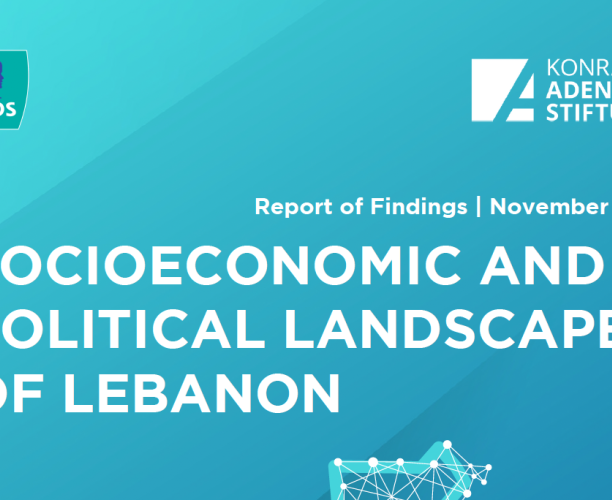

Socioeconomic and Political Landscape of Lebanon
The study findings unveil a complex socio-economic and political terrain, characterized by glaring gender disparities in education and employment, a restricted access to stable US dollars, pervasive economic hardship, diminished incomes, a dearth of remittances, a daily struggle to meet basic needs, heightened job insecurity, an absence of financial assets, and a prevailing sense of financial insecurity. Simultaneously, the political arena is tainted by apathy and a low voter turnout, widespread dissatisfaction with elected representatives, the perception of enduring political instability, and a prevailing discontent among the populace.
Regional dynamics are perceived to be significantly impacting the nation's situation, with a cautious optimism surrounding Syria's reintegration into the Arab League and improved diplomatic relations among regional players.
The findings of this survey, compared with earlier data, underscore the evolving challenges facing Lebanon, emphasizing the urgent need for targeted policies and initiatives to navigate this intricate landscape and address the diverse concerns of its people.



